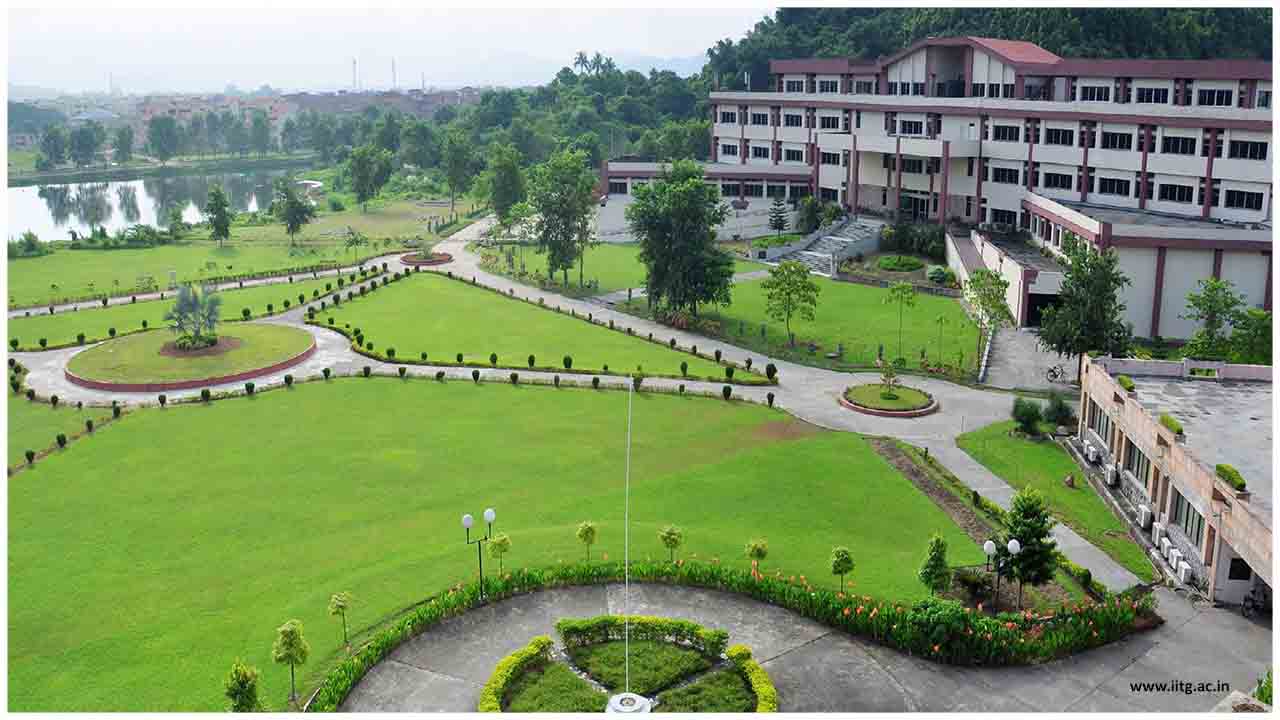Researchers at Indian Institute of Technology (IIT) Guwahati has worked on out-of-the-box ideas that can help prevent or reduce short-term memory losses associated with Alzheimer’s disease.
The research team was headed by Prof. Vibin Ramakrishnan, Professor, Department of Biosciences & Bioengineering, IIT Guwahati, and Prof. Harshal Nemade, Professor, Department of Electronics and Electrical Engineering, IIT Guwahati. They studied the neurochemical principles of Alzheimer’s, and explored new ways to prevent accumulation of neurotoxic molecules in the brain that are associated with short-term memory loss.
The IIT Guwahati team reports interesting methods such as application of low-voltage electric field, and the use of ‘trojan peptides’ to arrest aggregation of neurotoxic molecules in the brain. The scientists are assisted by research scholars Dr. Gaurav Pandey and Mr. JahnuSaikia in their work. The results of their studies have been published in reputed journals such as ACS Chemical Neuroscience, RSC Advances of Royal Society of Chemistry, BBA and Neuropeptides.
The development of a cure for Alzheimer’s disease assumes importance India as it has the third highest number of Alzheimer’s patients in the world, after China and US, with more than four million people falling prey to the memory loss associated with it. While current treatments only alleviate some of the symptoms of the disease, there is no disruptive therapeutic approach yet that can treat the underlying causes of Alzheimer’s.
“Approximately hundred potential drugs for treatment of Alzheimer’s disease have failed between 1998 and 2011, which shows the gravity of the problem,” says Dr. Ramakrishnan, who participates in worldwide efforts at finding cures for the disease.
A defining hallmark of Alzheimer’s is the accumulation of amyloid beta peptides in the brain. Dr. Ramakrishnan and Dr. Nemade seek methods to reduce the accumulation of these peptides, in order to arrest the progression of Alzheimer’s.
In 2019, the IIT Guwahati scientists found that application of a low-voltage, safe electrical field can reduce the formation and accumulation of toxic neurodegenerative molecules that cause short-term memory loss in Alzheimer’s disease. They found that external electric/magnetic field modulates the structure of these peptide molecules, thereby preventing aggregation.
“Upon exposure to electric field, we could retard the degeneration of nerve cells to an extent of 17–35%. Objectively, this would translate to about 10 years delay in the onset of the disease”, says Dr. Ramakrishnan.
Working further in this area, the scientists explored the possibility of using ‘Trojan peptides’ to arrest aggregation of these neurotoxic molecules. The idea of using ‘Trojan peptide’ comes from mythological “Trojan Horse” used as subterfuge by the Greeks in the battle of Troy. The researchers have designed Trojan peptides by adopting a similar approach of ‘deceit’ to impede the aggregation of the amyloid peptide, arrest the formation of toxic fibrillar assemblies, and reduce poisoning of nerve cells that leads to memory loss.
“Our research has provided a different path that may extend the onset of the Alzheimer’s disease. However, it would take testing in animal models and clinical trials before bringing in such new therapeutic approaches into human treatment” say project coordinators, Dr. Ramakrishnan and Dr. Nemade.

 Memory loss could be retarded by exposure to low voltage safe electric field.
Memory loss could be retarded by exposure to low voltage safe electric field.























.jpeg)









